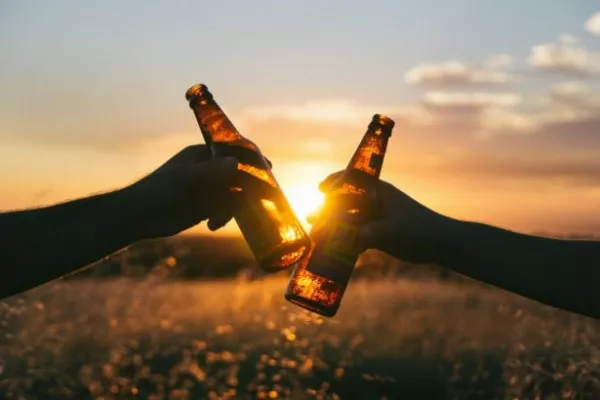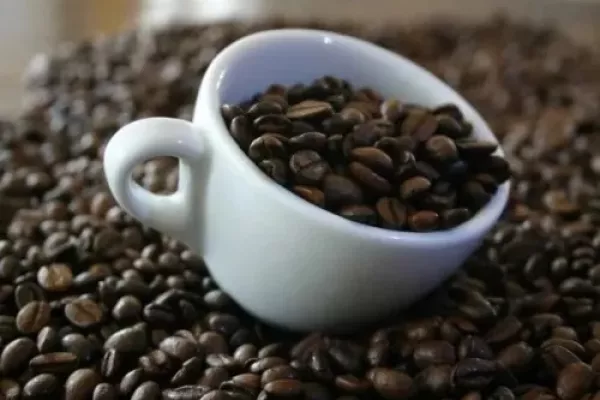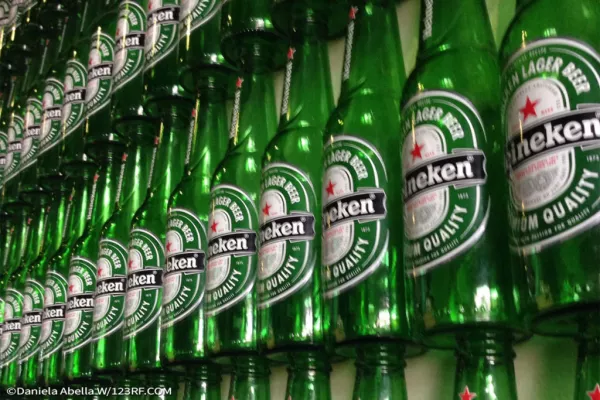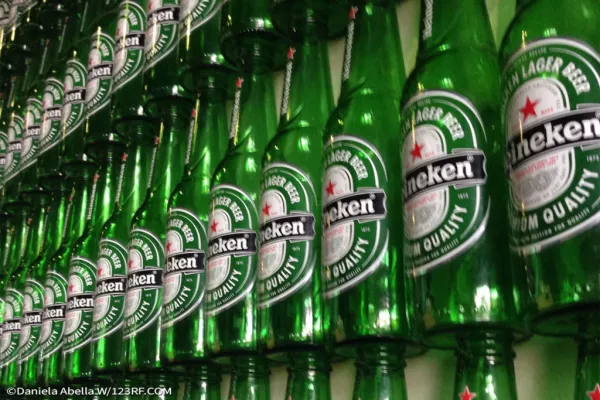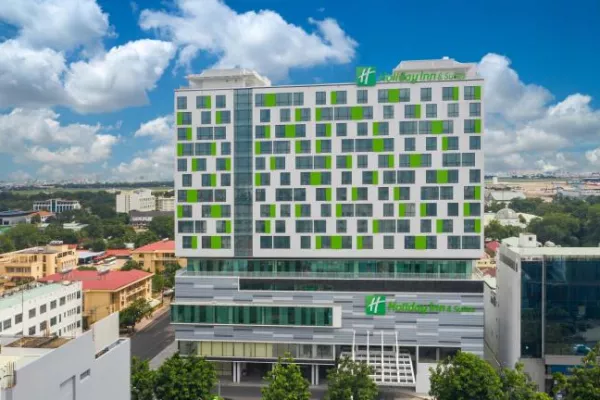Ho Chi Minh called alcohol a poison peddled by French imperialists. Half a century later in the Vietnamese city that bears the revolutionary founder's name, young women in short skirts haul cases of Tiger Beer and buckets of ice to wooden tables crowded with young men.
“Drinking beer is essential in Vietnam,” shouts Nguyen Nhat Truong, a 26-year-old researcher, over techno music. He and his friends are regulars at “123-Zo” — an outdoor eatery in suburban Ho Chi Minh City named after a regional refrain for “bottoms up!” Here glass-mugs of lager cost less than 50 cents. “We have a lot of free time and there isn’t a lot of other entertainment, so we drink beer.”
Vietnam, where a beer-swilling culture is stoking concern about binge-drinking, will be “the next key battleground for brewers,” market researcher Euromonitor International said in a report this month. The planned sale of the government’s majority stakes in the nation’s two largest domestic beer companies leaves “wide open” the door for foreign rivals, it said.
“There aren’t many markets left that have the growth potential Vietnam has,” said John Ditty, managing partner of KPMG Vietnam’s deals advisory unit.
Sabeco, from Ho Chi Minh City, and Hanoi-based Habeco will submit plans to the government this month for the process, with the stakes slated to be sold later this year, an official at the Industry and Trade Ministry told local media last week. The stake-sales will create an opportunity for international companies to expand geographically, especially those still without a presence in Vietnam, Ditty said.
An expanding Vietnamese middle class and youthful population helped drive a 300 percent surge in beer demand since 2002, according to Euromonitor, which estimates the market was worth 147.2 trillion dong ($6.5 billion) in 2016. It predicts per-capita consumption will reach 40.6 liters (11 gallons) this year, making Vietnam the biggest consumer of the amber fluid in Southeast Asia.
‘Market to Watch’
“Vietnam will be the market to watch,” Euromonitor said in a July report on the beer market in the Asia-Pacific region. “Thanks to the strong street consumption culture and rapid urbanisation, Vietnam is forecast to see the largest volume growth over 2016-2021.”
As competition intensifies among brewers, more aggressive promotions and new product launches will lead to even higher demand for beer, the report said. The Netherlands’ Heineken NV and Denmark’s Carlsberg A/S have been fighting for share in Vietnam, driving beer sales “through the roof,” it said.
Heineken, Anheuser-Busch InBev NV, and Japan’s Asahi Group Holdings Ltd. and Kirin Holdings Co. are among about half a dozen foreign companies that registered interest in a Sabeco stake, its former chief executive officer Le Hong Xanh said Thursday.
‘Focus Markets’
“Asia and Oceania are the focus markets for our company, and we are interested in investing in Vietnam as we see growth in the market,” said Naomi Sasaki, a spokeswoman for Kirin Holdings in Tokyo.
Asahi Group continues to be interested in acquiring shares in the Vietnamese brewer, said Takuo Soga, a spokesman for the Tokyo-based company. Heineken doesn’t comment on speculation, said Michael Fuchs, a company spokesman.
“AB InBev is committed to Vietnam and to growing our business for the long-term,” said Marianne Amssoms, the company’s New York-based vice president of global communications, adding that it doesn’t comment on “rumors or speculation.”
The Ministry of Industry and Trade valued its 89.59 percent share of the nation’s top beer-maker, also known as Saigon Beer Alcohol Beverage Corp., at $1.8 billion last August. The government’s 82 percent holding in Habeco, or Hanoi Beer Alcohol Beverage Corp., was worth $404 million, the ministry estimated.
Right of Refusal
Sabeco shares have increased 11 percent in the past week on news of the timing of the privatisation process, while Habeco has jumped 8.7 percent. Carlsberg, which owns 17.51 percent of the Hanoi-based brewer and says it has a first right of refusal for the stake, has been in tense talks with the Ministry of Industry and Trade about the sale.
“We are hunting to get it,” Carlsberg President and Chief Executive Officer Cees’t Hart said of the Habeco stake on a conference call with analysts and investors in May after three trips to Vietnam in the previous six weeks.
The Danish company’s share of the Vietnamese beer market by volume has slipped the past four years as Heineken expanded, Euromonitor data show. The Dutch brewer’s 2016 sales volumes jumped at least 10 percent, spurred by Tiger Beer, Chairman and Chief Executive Officer Jean-Francois van Boxmeer told the company’s annual shareholders meeting in April. Vietnam drove an almost 27 percent surge in operating profit from the Asia region, he said.
Vietnam will represent half of Sapporo Holdings Ltd.’s overseas beer sales in the next decade, according to Mikio Masawaki, general director of Sapporo’s Vietnamese brewing unit, which began about six years ago. Annual beer consumption will probably eclipse Japan’s 6 billion liters in a few years, he said.
‘Weaken Our Race’
It wasn’t always like this. Revolutionary Minh criticized French colonizers’ efforts to “weaken our race” with alcohol in Vietnam’s 1945 Declaration of Independence. Now, the country’s communist leaders see the potential to capitalize on the popularity of booze. At the same time, officials are recognizing the trade-off with public health.
About a third of men and two-thirds of women in Vietnam are lifetime alcohol abstainers, according to the World Health Organization. The men who do drink, tend to drink a lot and 8.7 percent suffer some form of alcohol dependence or disorders, compared with 4.6 percent across the Western Pacific region.
The government is now trying to slow the liquor flow. A special consumption tax aims to increase the excise tax rate on beer annually to reach 65 percent in 2018. The National Assembly is considering proposals to turn off beer taps during lunch hours and the late evening. It’s also weighing whether to prohibit the sale of alcohol to pregnant women and to ban government employees from drinking during work hours.
“There often is tremendous pressure from the financial side — both within and outside the government — to grow the market,” said David Jernigan, director of the Center on Alcohol Marketing and Youth at the Johns Hopkins Bloomberg School of Public Health in Baltimore, Maryland. The school was renamed in 2001 in honor of Bloomberg LP founder Michael Bloomberg, a major donor.
News by Bloomberg, edited by Hospitality Ireland
